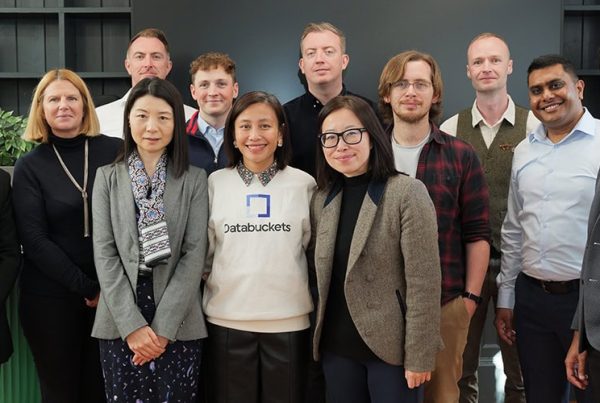
It had always been at the back of my mind to start a business. A group of us had been a lifetime in education, working in international schools. We knew what we were doing. Teaching and learning was at the centre of what we did – and now we were going to practise what we preached at school and try something new as lifelong learners.
For me personally – at the end of another six year contract and after more than 30 years in international education – it was a good time to stop and use my knowledge in a different way.
An industry we knew
The new business we set up was to serve an industry we knew well. It wasn’t quite clear at first in what areas I would notice the differences between life as a salaried school leader and that of an entrepreneur. Some of the skills from my previous life were useful, which is just as well, as the necessary change from the administrative to the entrepreneurial mind-set does not happen overnight: I knew how to plan, budget, structure, communicate, and write – all skills that were useful in setting up the company.
New learning: Part 1
The first major difference was, however, that as a self-employed company director and shareholder, you are your own support team. No PA. No IT manager. No in-house accountant. No website manager.
Learning the auxiliary skills takes time, and you can’t just ask someone to: run those numbers for me, please, or write a short report: what if we did this, instead? You go through a phase of feeling uncomfortably out of control over things that you used to take for granted. The accounts. The invoices. The receipts. The reports and web updates.
But then it gets better. Until you realise that mastering these skills will not, of themselves, pay the bills.
New learning: Part 2
It is very easy to stay busy just keeping things in order, but it is vital to move on quickly. Unfortunately, there is no magic wand to create an entrepreneur out of rough administrative clay – but sooner or later this must happen. You have to sell. You have to market. Perfecting administrative systems is a hard habit to break.
But fine tuning a great product that people do not know about or might not want to buy is time wasted. Develop the concept, try it out on a few (only a few will respond), get the feedback and then get it in the marketplace. We went too quickly with certain ideas, wasting time and money. We had to be patient with others, and all the time instead of just perfecting something, you are pitching and selling a new product that your research tells you people might buy.
A new support team
Like my former students, and as a new learner, I looked for support and affirmation. Our shareholders provided a good deal of this – but they were also looking to me as we got the business going. I found the direct support I needed in three ways:
- From the Local Enterprise Office in Donegal
- At CoLab – a superb business incubator attached to the Letterkenny Institute of Technology
- Through the New Frontiers programme and with the help of Enterprise Ireland
The great thing is that you do not have to attempt this kind of transformation on your own. The Donegal LEO was in some ways a hard taskmaster, but we learned a lot very quickly as we applied for and then received a Business Priming Grant. We heard about CoLab from our graphic designer – and in a month or so we had been allocated a hot desk. You cannot begin to estimate the positive effect of the environment that this provides – the stories, the experience and the inspiration of people all of whom had ideas and were ‘going for it’. The younger ones knew things we needed to learn, and we had one or two things that our fellow risk-takers might find useful in return.
The training and discipline that New Frontiers Phase 1 and the application for Phase 2 provided accelerated the whole process. As we entered Phase 2 of the training, the company was using both the skills and knowledge brought from the world of education, and applying the new mind-set from the world of business, first to generate and then convert new leads.
The transformation of the old dogs is by no means complete, but we feel privileged to be working in this environment and to have the opportunity to learn the new tricks that will transform our lives while enabling us, we hope, to shape the world of international education in rather a different way than we did before as teachers and administrators.
About the author
Andy Homden
Andy trained as a teacher in the UK and Australia, and has worked in international education for most of his career. As a teacher and school leader he specialised in curriculum design and school start-ups. He is now CEO of Consilium Education, an educational consulting company of highly experienced education professionals offering support with school start-ups, strategic planning, preparation for inspection or accreditation, feasibility/bench-marking studies and campus refurbishment. They also offer professional development programmes and careers advice for teachers who wish to work internationally. Consilium also publishes International Teacher Magazine.
Recent articles

Founder Perspectives: Lessons From Building Businesses In Sustainability

Tech Startups In The Age Of AI: Alumnus Paul Savage On Speed, Quality & Risk
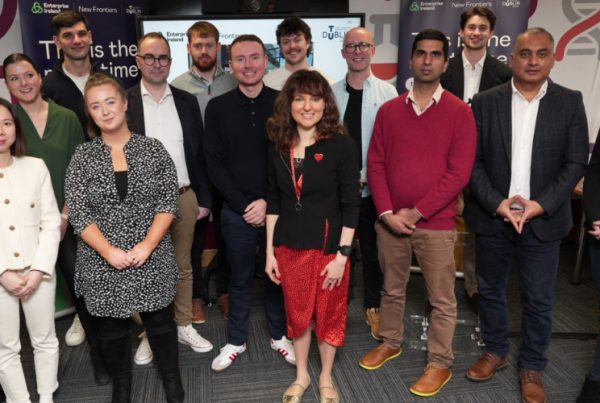
Fourteen Startup Founders Graduate From Phase 2 Of New Frontiers In Tallaght
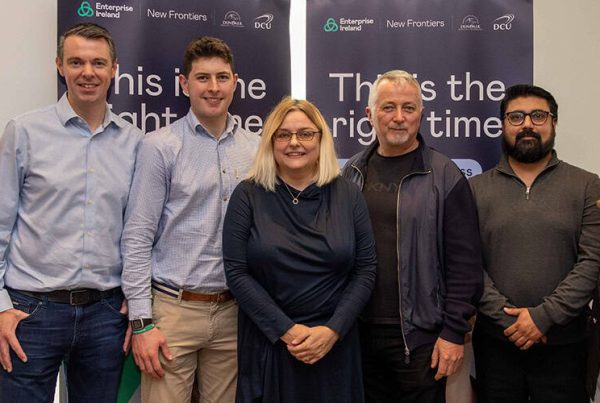
Eleven Founders Graduate From New Frontiers In The Border Mid-East Region

Laying The Right Groundwork Helps Startups Prepare For Export Success
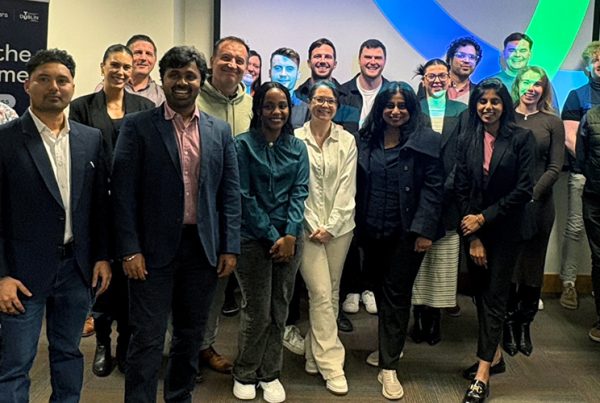
Startup In Dublin: Learn More About New Frontiers On TU Dublin’s Grangegorman Campus
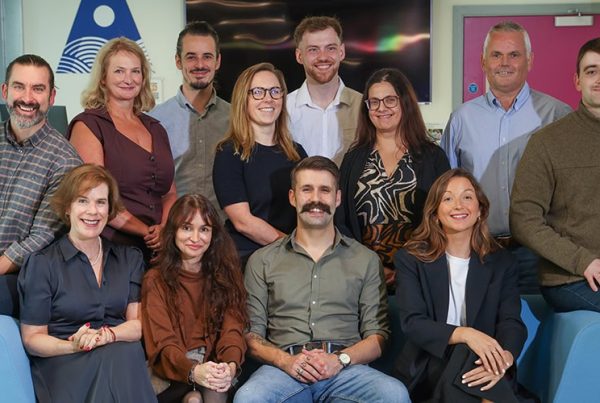
Michael Furey On The Success Of Ronspot: “The Most Important Thing Is Research”
